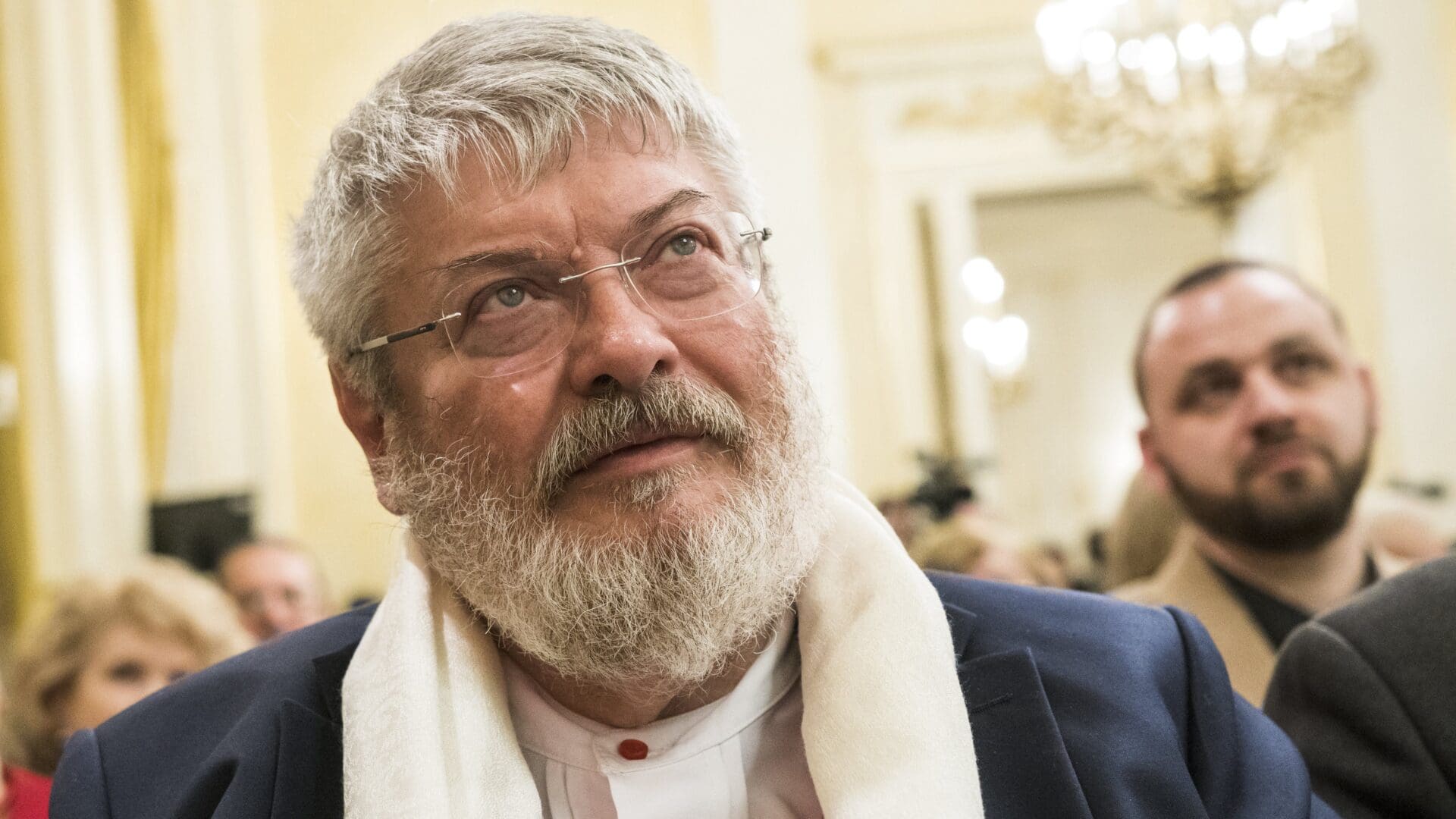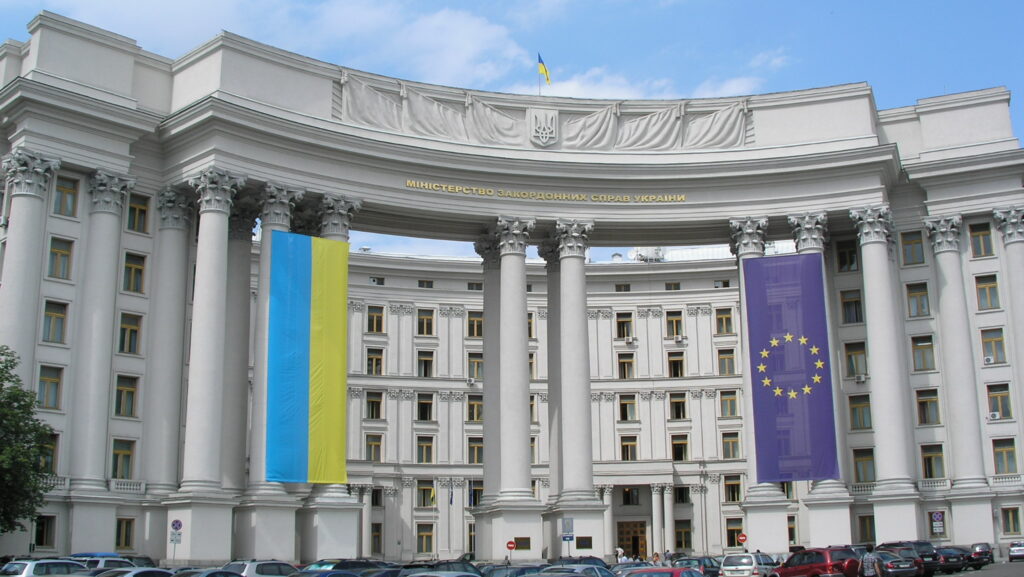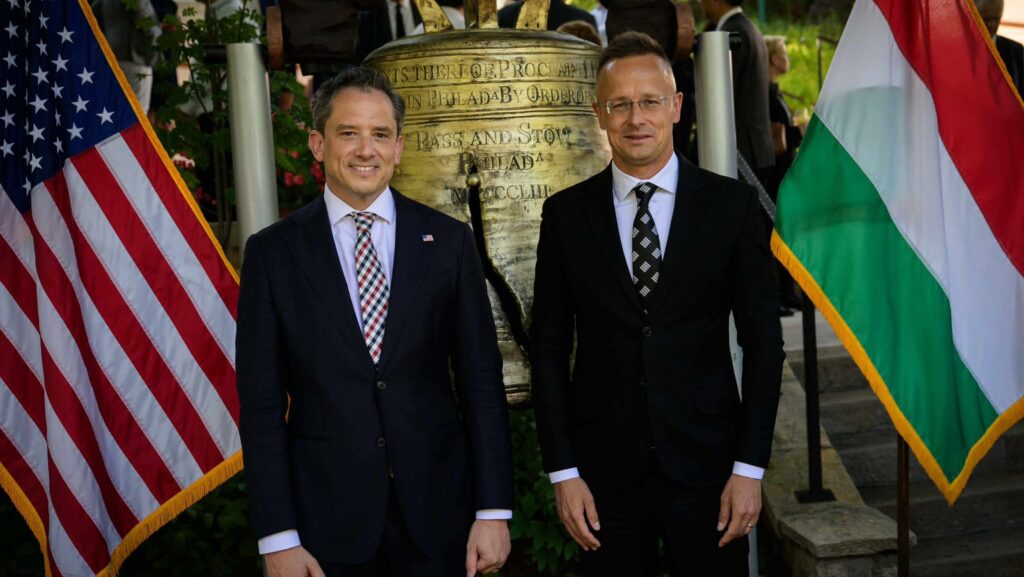Géza Szőcs, the Kossuth Prize-winning poet, became an important figure in Hungarian literature in Romania at a time when Hungarian culture was greatly repressed. Born in Marosvásárhely (Târgu Mures, Romania) on 21 August 1953, he expressed early interest in literature and languages, probably also because his father, István was a journalist and a critic and his mother, Ráchel Márton was a literary translator.[1] Marxist philosopher and author Gáspár Miklós Tamás, also a Transylvanian intellectual, expressed his admiration towards Szőcs (whom he also often criticised) thus:
‘Géza Szőcs was a child prodigy whose astonishing talent we all recognised when he was still in secondary school.’
Szőcs graduated from the Babeș-Bolyai University of Kolozsvár (Cluj-Napoca) in 1978, majoring in Hungarian and Russian. Between 1974 and 1977, he edited the trilingual student magazine Echinox, transforming it from the journal of the University into a veritable intellectual institution. From 1977 to 1981 he was a literary issues writer for the daily newspaper Igazság (Truth). Between 1979 and 1980 he resided in Vienna for a year as a Herder Fellow.
In 1981, in the face of increasing censorship, he attempted to create a ‘second public sphere’: he was one of the founders and chief contributors to the underground journal Ellenpontok (Counterpoints). At the same time, he made two important petitions to the Central Committee of the Romanian Communist Party on the intolerable situation of Hungarians in Romania, and in 1985 he and others approached the United Nations with a proposal to establish a world minority organisation. This was at a time when Hungarian patriots bent on protecting the individual and community rights of Hungarians in the Carpathian Basin still believed in international liberal institutions to further their goals—these hopes today are largely gone.
In 1982 he was arrested by the state police for his dissident activities.
He was tortured during the interrogations,
the trauma of which he carried throughout his entire life. When released, he was fired from his job. His abuse provoked protests in Hungary and the news reverberated in many Western countries as well. Even after his release, he was constantly harassed by the Communist Romanian secret service, the Securitate. In 1986, Switzerland informed the Romanian authorities that it would grant Szőcs asylum if he was allowed to leave the country. Szőcs settled in Geneva in August 1986 and worked as a journalist.
After the collapse of the Communist regime, in March 1990, he returned to Kolozsvár and became involved in the political life of the ethnic Hungarian community. He was soon elected General Secretary at the first congress of the RMDSZ (Democratic Alliance of Hungarians in Romania).
Under his leadership, RMDSZ came in second in the parliamentary elections,
but Szőcs repeatedly stressed that according to him, RMDSZ was not a party, but an organisation representing the interests of nationalities, which wants to contribute to the democratic transformation of the entire Romanian state, as the main interest of the Hungarian community in Romania is to live in a democratic state governed by the rule of law. From May 1990 to October 1992, Géza Szőcs was a member of the Senate, and head of the Hungarian parliamentary group. On 26 May 1991, at the second congress of the RMDSZ in Marosvásárhely, he was elected political vice-president of the organisation.
At the RMDSZ Congress in Brassó (Brașov) in January 1993, he resigned from this position and announced that he would not take up any office in the organisation, having become fed up with the internal fighting.
He did not give up his literary activities even while still an active politician. In 1992, he founded the Transylvanian News Agency, which published, among other things, the political magazine Orient Expressz and the trial issues of a new Transylvanian daily newspaper in Hungarian. Between 1993 and 2010, he was publisher and editor-in-chief of the journal A Dunánál (At the Danube), and a member of the editorial board of Magyar Szemle (Hungarian Review). Among other positions, between 1996 and 2000 he served on the supervisory board of Duna TV, the public television channel that was the first to broadcast over satellite, with the mission is to create and broadcast programming for and news about Hungarian minority communities beyond Hungary’s borders. Szőcs also served as the President of the Hungarian PEN Club, and a chief advisor to Viktor Orbán until his death.
Although he assumed important public roles, he was first and foremost a celebrated poet.
His first collection of poems was Te mentél át a vízen? (Was it You Who Crossed the Water?, 1975), later followed by Kilátótorony és környéke (Lookout Tower and its Surroundings, 1977), Párbaj, avagy a huszonharmadik hóhullás (A Duel or the 23rd Snowfall, 1979) and other works. A short collections of his works in English was published in 2017, titled Liberty, Rats and Sandpaper, translated by Paul Sohar.
He was also, for a brief period, a politician in Hungary as well. From June 2010 to June 2012, he was State Secretary for Culture at the Ministry of National Resources, then Prime Minister’s Envoy for General Cultural Affairs, and after 2014 the Prime Minister’s Envoy for Cultural Affairs. He was awarded with the highest cultural award, the Kossuth Prize in 2015 in recognition of this work as a poet and writer.
A passionate advocate and guardian of Hungarian culture and identity, Géza Szőcs passed away on 5 November 2020 due to complications of a Covid infection.
Sources used: Krónika Online/Mandiner.hu








